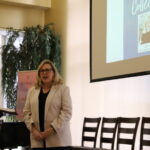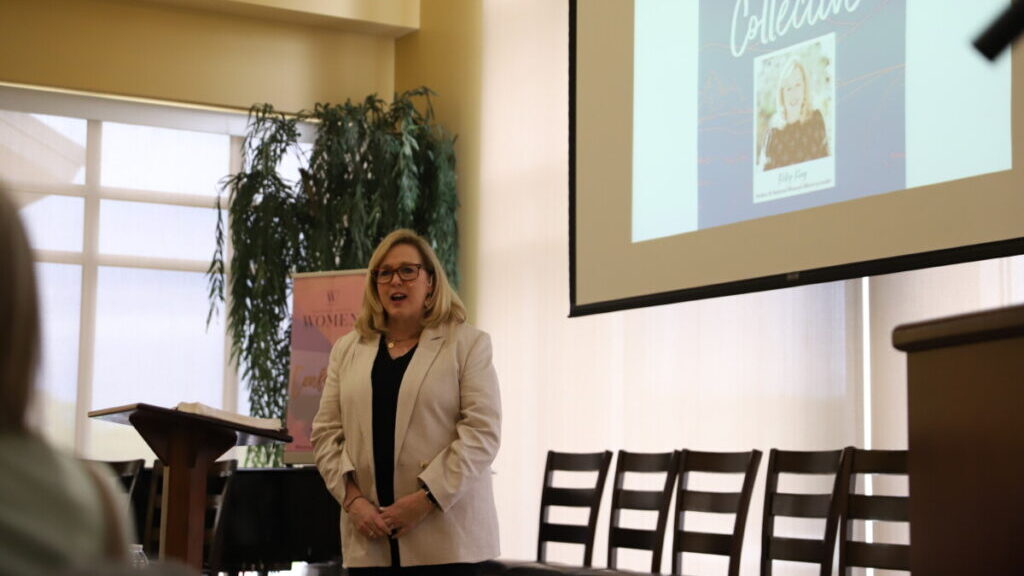Cybercrime has hit Southern Baptists hard over the past year.
The Florida Baptist Convention announced this month it was “the victim of a highly sophisticated cybercrime which used fraudulent emails.” New details released Monday (May 15) revealed that the convention is working with authorities to recover $700,000 that was stolen through “cybertargeting.” The theft was reportedly related to the convention’s Send Network Florida account in partnership with the North American Mission Board.
“Our convention staff and state board of missions is distraught over this loss of financial resources,” Florida Baptist leaders said in a statement. “It is our desire in all that we do to bring glory to our Lord and Savior and to continue earning the trust of the churches we serve when we distribute the sacrificial resources given through tithes and offerings.”
Cybercrime happens at churches too.
Elkin Valley Baptist Church in Elkin, North Carolina, was hit to the tune of nearly $800,000 in November, when fraudsters tricked the church into paying them the money due a construction company for work on a new worship center.
No ministry is immune
Those instances of fraud underscore the need for every church to institute preventive policies as well as procedures to follow if cybercrime does occur. The Evangelical Council for Financial Accountability covered both those topics in an April webinar titled “Fraud Case Studies and Controls to Protect Your Organization.”
“There truly is no ministry that is immune to the risks of fraud,” said webinar presenter Nathan Salsbery, an executive vice president with the accounting firm CapinCrouse LLP. He said even Jesus’ ministry was a victim of fraud by Judas, who stole from the ministry’s treasury, according to John 12:6.
“If Jesus can be stolen from in His ministry purse, any of our ministries can be,” Salsbery said.
Research confirms that claim.
Nearly a third (30%) of all U.S. churches have experienced fraud, according to a 2021 survey by Church Law & Tax. Of the fraud cases, 42 percent involved “inappropriate expenses or inappropriate expense reimbursements.” Nearly 30% involved stealing contributions while 12% were payroll fraud and inaccurate timesheets.
Are churches sitting ducks?
With so much fraud among ministries, must churches resign themselves to be sitting ducks? Absolutely not, say Salsbery and his webinar co-presenter Kenneth Tan, a partner at CapinCrouse.
Every church and ministry should educate its leaders at least annually on the risk of fraud, according to the webinar. Such education should include how to submit a tip about potential fraud, red flags of fraud and the need to review credit card statements monthly.
Churches should establish a “clear segregation of duties” when it comes to finances, Tan added.
Even small churches should not have only one person handling all financial administration. Through outsourcing some processes and sharing others among employees and committees, churches can increase their level of security.
“Trust but verify,” Tan said.
Trust “plays a big role in an organization,” but “we want to make sure we can hold each other accountable and help try and prevent that type of temptation from coming in.”
Fraud occurs when opportunity, incentive and rationalization occur at the same time. Ministries must work hard to decrease opportunity and incentive, Salsbery said, and know even church employees are prone to rationalizing financial crime.
“Nobody wants to feel like they’re a fraudster,” he said. People rationalize their theft by thinking, “I’m not going to steal the money; I’m just going to borrow it,” or, “I haven’t had a raise for three years, so I’m just going to take a little money that really is kind of owed to me.”
If fraud does occur, a church should communicate quickly with “whoever needs to know,” Salsbery said. That should include leadership and possibly legal counsel. At times, it is wise to press charges against the criminal.
“If you don’t [press charges], there is the risk of an individual who commits fraud at one ministry getting terminated, and then they are hired a couple of weeks later by another ministry,” Salsbery said, “and they might be tempted to do the same thing.”
While fraud can be devastating, it does not stop God’s work at a church or ministry.
Back in North Carolina, Elkin Valley has received financial support from dozens of donors as well as the Baptist State Convention of North Carolina. Pastor Johnny Blevins said he is encouraged.
“It’s kind of like a grief situation,” Blevins said. “You go through the shock, the sadness and the anger, and we’ve been through all of that. But as people of faith, we’ll trust God through this and keep moving.”








